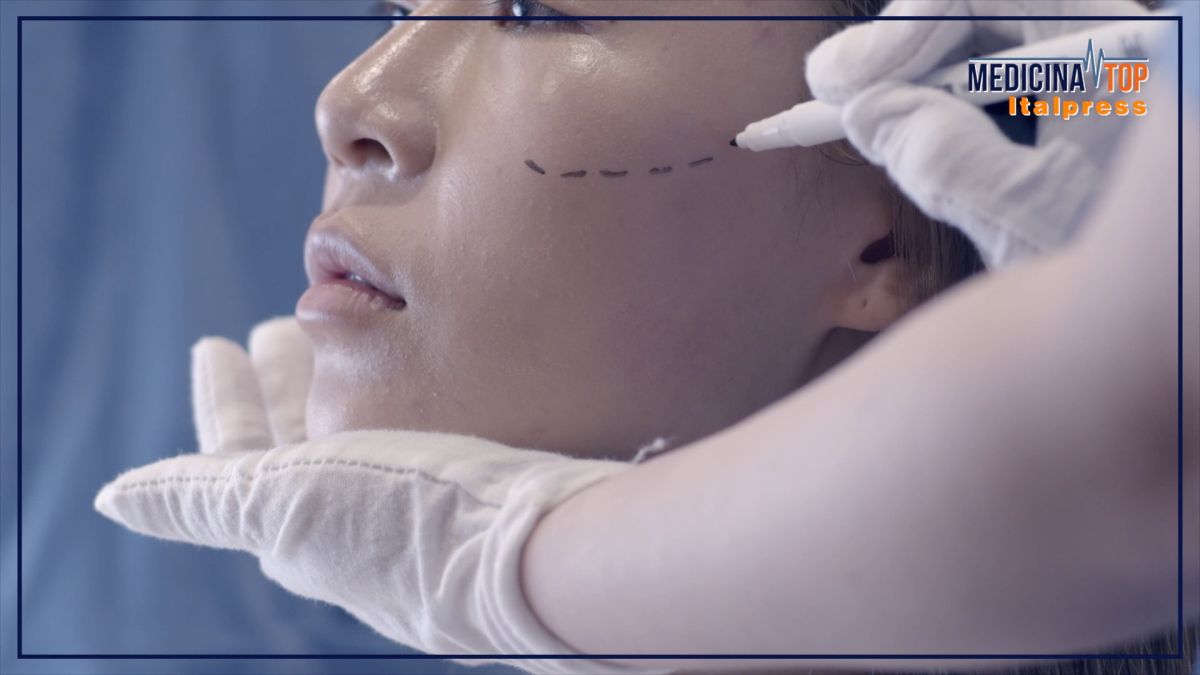MILAN (ITALPRESS) – According to data from the International Society of Aesthetic Plastic Surgery’s 2023 report, Italy is the country with the highest number of aesthetic medicine treatments and cosmetic surgeries in the world. More than 34.5 million procedures were performed globally in 2023, an increase of 3.4 percent from the previous year. Specifically, in Italy, the most performed noninvasive treatments were botulinum toxin infiltrations to reduce wrinkles and hyaluronic acid infiltrations for reshaping facial volumes. Given the increasing number of people resorting to these treatments, safety in aesthetic medicine is an issue of great importance. In our country it is ensured by a system of certifications and authorizations concerning professionals, devices and places where treatments are administered. A complex system, however, which unfortunately in practice can be circumvented. These are some of the issues discussed by Claudo Plebani, head of the legal department and secretary general of Agora – Italian Society of Aesthetic Medicine, interviewed by Marco Klinger, for Medicina Top, a TV format of the Italpress news agency. “One of the main aspects is the traceability of products in the field of aesthetic medicine, which employs many injectable products,” he began, “It is extremely important and right to focus on the traceability of products and to turn to professionals who indicate the correct origin. One should expect the doctor, after a proper examination, to propose any aesthetic medicine treatments, and ask in detail what products specifically the doctor intends to use,” Plebani stressed. “In particular, one should not hesitate to ask for the so-called traceability sticker; it is the patient’s right and the doctor’s duty to give an indication of what he or she has implanted in the patient at the material level. And on the risk of dealing with noncompliant products, “The dark web offers two problems. First, it allows even non-physicians to acquire products intended for physicians, plus these are non-certified products, and therefore their therapeutic validity and safety profile can be put at risk,” he cautioned. “The Ministry has issued a circular on counterfeit products and those on the market. These products do not give us guarantees about the sterility of the product,” he added, “That is why they can create infections, stimulate allergies, and cause permanent damage in the patient, because no one guarantees us how that product was developed and by whom it was developed, which is why it also costs less. On the importance of informed consent in aesthetic medicine as well: “For the legislation, it’s not just the document, but the stage where the doctor goes and informs the patient what the benefits, risks and possible complications are. Then, everything is crystallized in the document that is signed,” Plebani reiterated. “It is important to use professionals who use this tool, which protects both the patient and the doctor. And on the recent 26th Agora congress, “It was a very successful event with over 7,000 attendees. The great success brings out the importance for professionals in the medical area to continuously inform and update themselves,” he recounted, “And it also brings out a confirmation of interest in noninvasive therapies. The importance of the correlation between medicine and cosmetic surgery has also emerged, a perfect correlation and integration between the two disciplines in a true synergy.” “We highly value the importance of scientificity, we have also awarded prizes for the best scientific publications,” he concluded, moving on to a remembrance of Alberto Massirone, a leading figure in aesthetic medicine and recently deceased. “He was a pioneer and innovator, he developed medicine almost from scratch, taking it to incredible levels. He was a fair person who, thanks to these aspects, achieved results for himself and for aesthetic medicine.”
– photo taken from Top Medicine video -(ITALPRESS).

